Beyond Salads: Plant Based Dishes
10 min read Explore innovative vegetarian recipes that go beyond salads, showcasing flavorful and satisfying plant-based dishes for a diverse culinary experience. July 07, 2025 00:05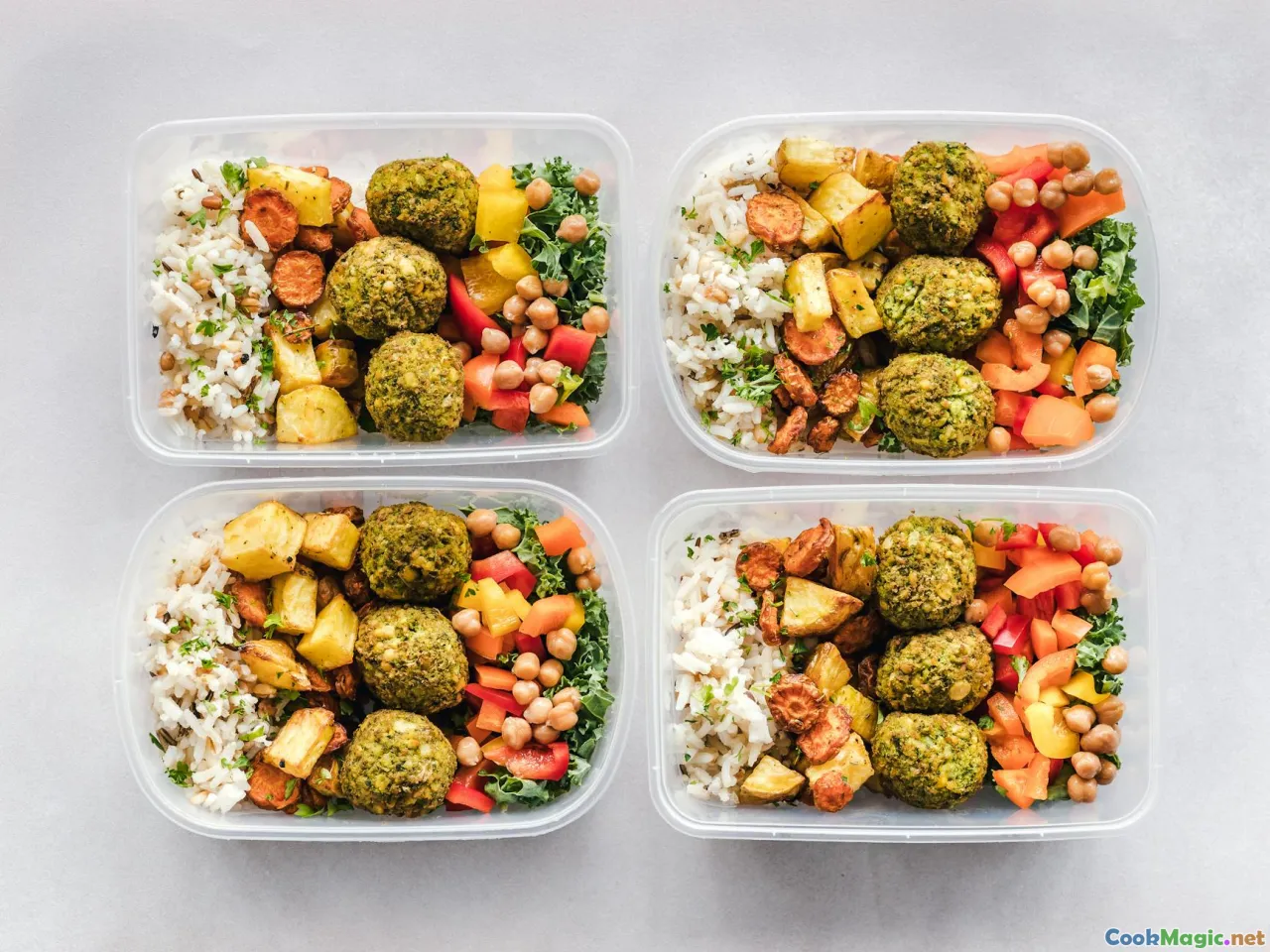
Beyond Salads: Plant Based Dishes
Stepping into the vibrant world of vegetarian cuisine is like opening a door to a universe bursting with colors, aromas, and textures that transcend the familiar confines of salads. While greens and raw vegetables often serve as the gateway — the crisp kale or ruby-red tomatoes— the true heart of plant-based gastronomy beats in dishes that celebrate the diversity of nature’s bounties. From centuries-old traditions to cutting-edge culinary innovations, exploring beyond salads reveals a rich tapestry where plants are transformed into soul-satisfying staples, aromatic comfort foods, and sophisticated delicacies.
Join me as we journey through the history, culture, and creative spirit of plant-based cuisine that goes far beyond the leafy greens.
The Roots and Rich Traditions of Plant-Based Fare
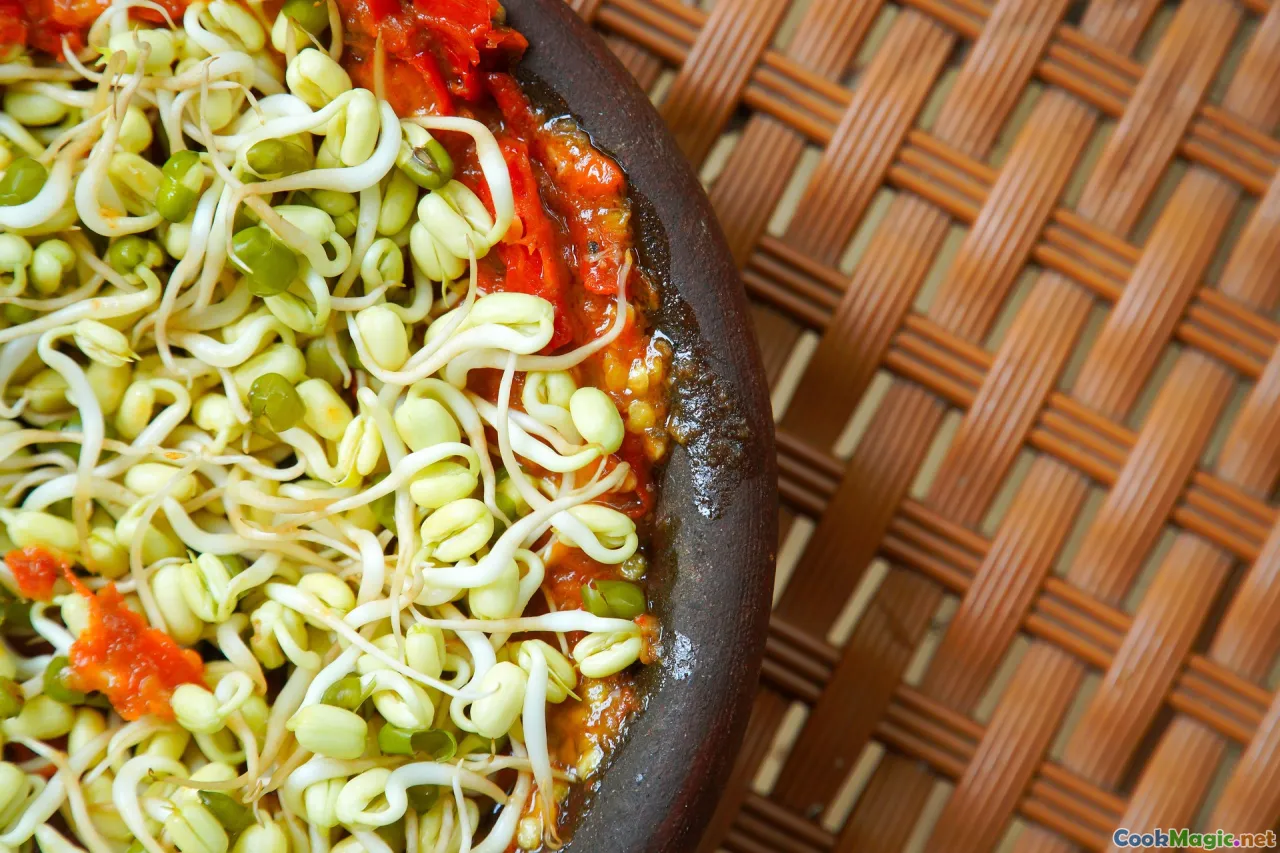
Vegetarian and plant-based dishes are among the oldest culinary practices, rooted in spiritual, cultural, and practical traditions. Ancient civilizations, from India’s Ayurvedic kitchen to Mediterranean temple kitchens, curated recipes that exemplify harmony between humans and plants. For example, Indian vegetarian cuisine is rich with legume-based dals, fragrant rice dishes, and aromatic curries flavored with spices like turmeric, cumin, and coriander—each dish layered with history and spiritual symbolism.
Meanwhile, Southeast Asian cuisines, such as Thai and Indonesian, incorporate complex, fermented, and spicy plant ingredients that create dishes like gaeng jahn (Thai curry) or lawar (Balinese vegetable salad, not a salad at all but a vibrant mélange of shredded vegetables, grated coconut, and sometimes balanced by a splash of lime or chili).
Western culinary voices also echo these traditions—think of medieval pottages made hearty with lentils, root vegetables, and herbs or the 19th-century vegetarian cookbooks that championed meatless diets for health and moral reasons.
The beauty of these age-old recipes lies in their respect for seasonal produce and the wisdom of using every part of the plant, thereby reducing waste and honoring the environment.
Reinventing Classics: From Plant-Powered Comfort to Gastronomic Art
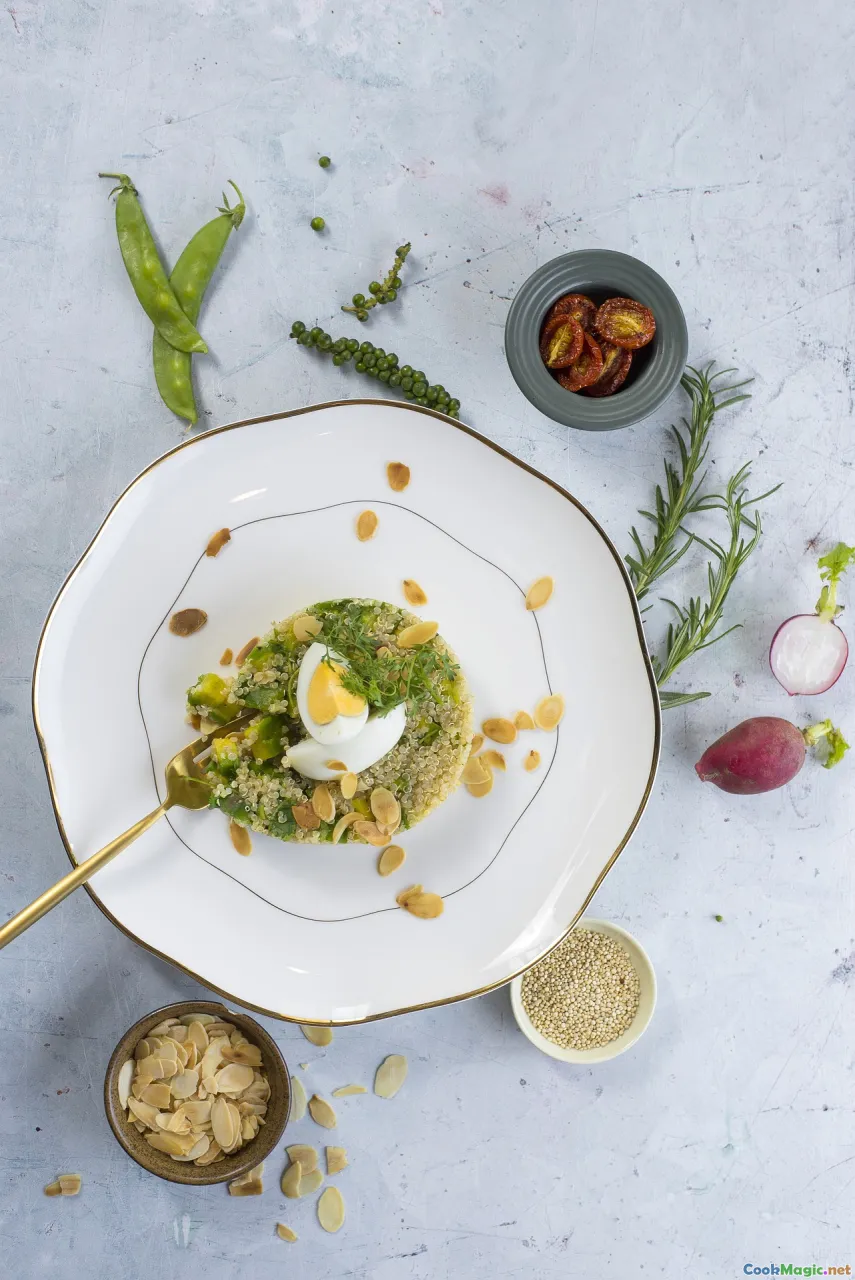
Modern chefs are no longer confined to salads when it comes to plant-based dining. Today’s innovation pushes the boundaries of flavor and presentation, transforming humble vegetables into dazzling, palate-pleasing works of art.
Take the mushroom risotto, for instance — once considered a humble comfort dish in Italy, now elevated with wild foraged mushrooms, infused with white wine and finished with truffle oil. Its creamy texture, earthy aroma, and rich umami flavor epitomize how even staple ingredients can be transformed into luxury.
Then there are displays of technique—think sous-vide roasted root vegetables or delicate vegetable terrines that mimic the sophistication of French foie gras or pâtés, yet are entirely plant-based. Chefs like Matthew Kenney are pioneering these approaches, crafting intricate dishes like 'Cauliflower Steak with Chimichurri' or 'Jackfruit Shawarma' that satisfy both the eye and the palate.
Even more exciting are the edible architectures created with dehydrated and moulded fruits, nuts, and grains—turning vegan cuisine into immersive culinary experiences. This transformation invites both amateur cooks and professional chefs to experiment with textures—crispy, chewy, velvety—within the realm of plants.
Global Plates That Break the Salad Mold
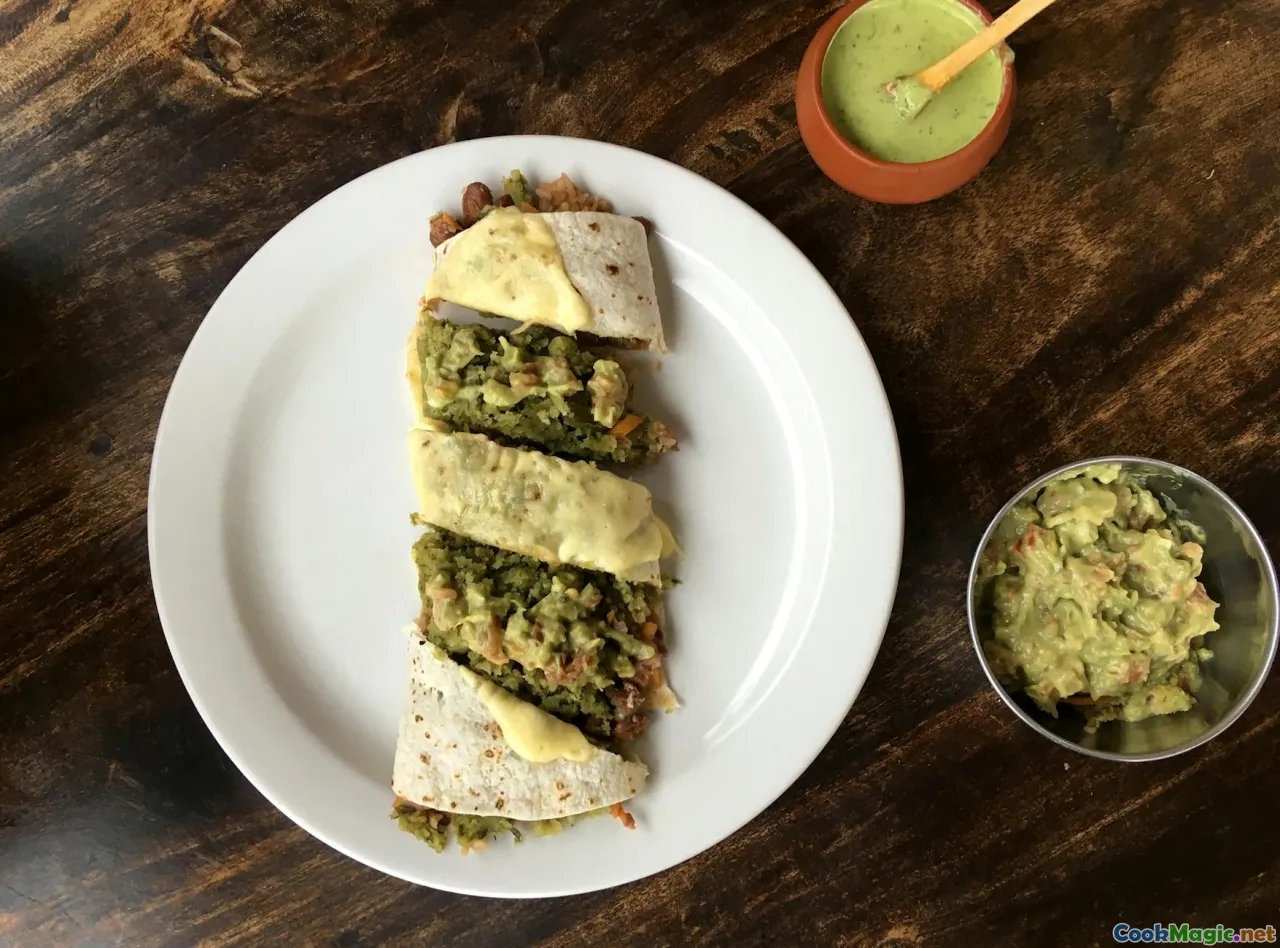
Exploring worldwide culinary traditions reveals a treasure trove of plant-centric dishes that are far more substantial and complex than typical salads. Ethiopian Injera with Vegetarian Wats: The spongy, sour flatbread injera serves as both a plate and utensil, topped with various lentil, split pea, and vegetable stews—each bursting with spices, slow-cooked to develop deep flavors that comfort and excite.Middle Eastern Falafel and Mujaddara: Crispy-on-the-outside, tender-on-the-inside falafel beans or chickpeas, served alongside mujjadara—a comforting rice and lentil pilaf topped with caramelized onions—highlight how legumes form the backbone of hearty plant-based meals. Chinese Buddhist Vegetarian Dim Sum: Dim sum dishes like lotus seed buns or stuffed lotus root showcase plant-based protein sources skillfully braised with ginger, soy, and star anise.Mexican Vegan Tacos: Fill corn tortillas with roasted vegetables, black beans, and flavorful salsas; add avocado slices and pickled onions for depth. These dishes emphasize bold spices and fresh herbs, proving that plant-based can also be fiery and soulful.
These dishes demonstrate the rich storytelling and cultural pride embedded in plant-based traditions and the potential to turn unfamiliar ingredients into culinary heroes.
From Market to Table: Ethical, Environmental, and Emotional Connections
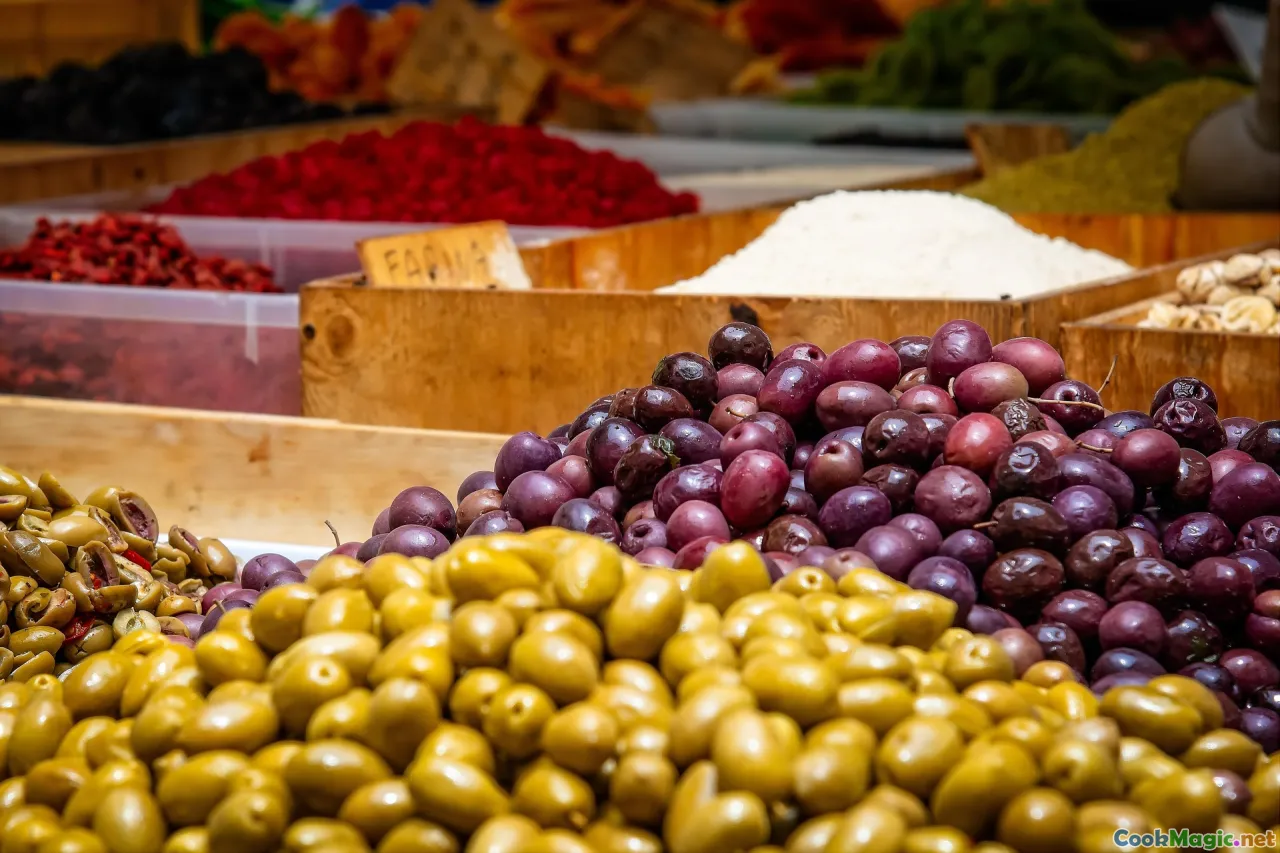
Choosing plant-based ingredients often stems from a desire to connect more deeply with our environment and community. Visiting local farmers' markets, one encounters a vibrant display of seasonal produce—vivid peppers, robust cabbages, tender asparagus—and selecting these at their peak ensures maximum flavor and nutrients.
Cooking with such ingredients fosters an awareness of sustainability and respect for the earth’s cycles. Replacing animal-derived products with beans, nuts, grains, and vegetables reduces the ecological footprint—less water, lower emissions, less land degradation—and promotes biodiversity.
Beyond the environmental benefits, working with plant-centric ingredients stirs an emotional resonance—transforming shopping, cooking, and eating into acts of mindfulness and compassion. Food becomes a language of love and respect for the planet, expressed through hearty stews, fragrant stir-fries, and comforting curries.
Practical Tips for Going Beyond Salads
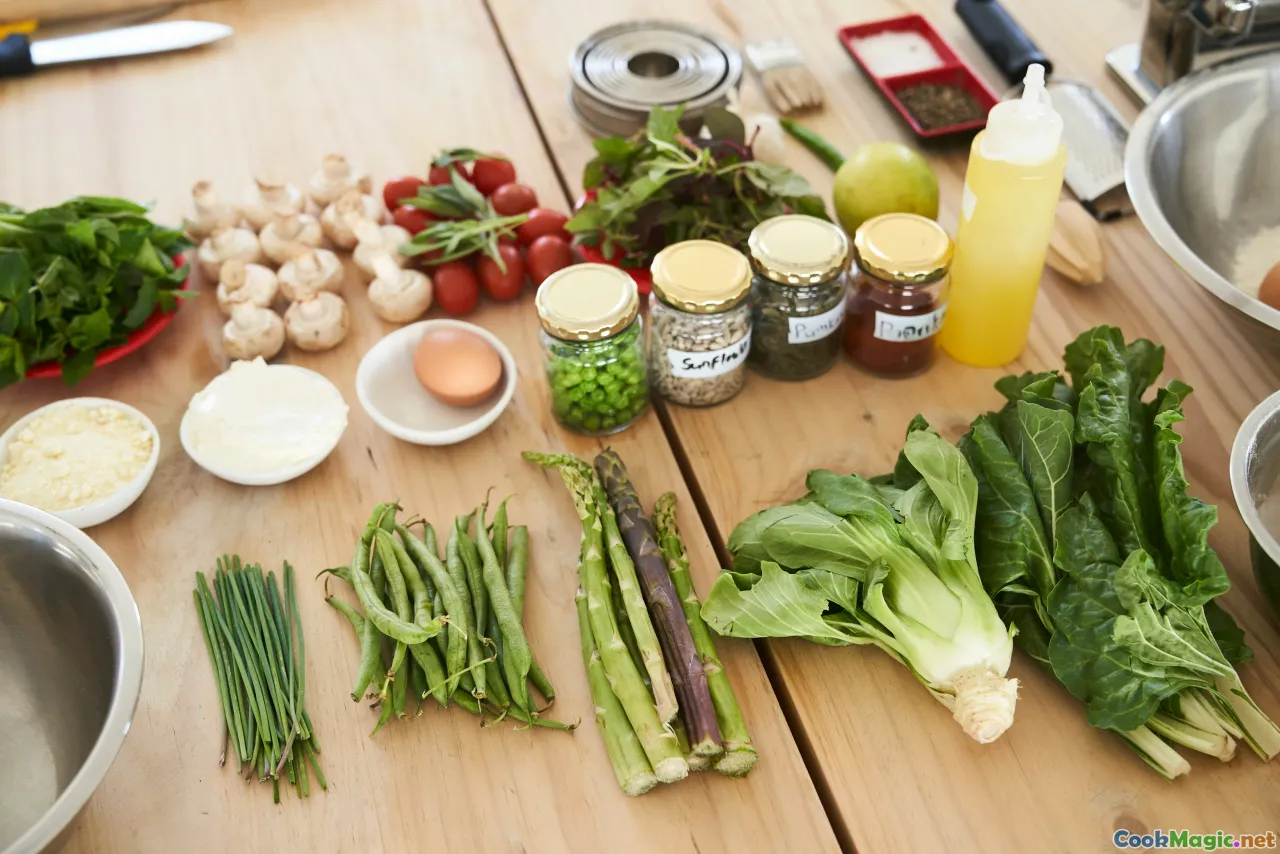
If you’re inspired to expand your vegetarian repertoire, here are some essential tips:
-
Embrace Legumes and Pulses: Lentils, chickpeas, black beans—these are the backbone of many hearty dishes. Experiment with soups, stews, and even veggie burgers.
-
Play with Textures: Use techniques like roasting, fermentation, and dehydration to add crunch, chewiness, and depth.
-
Spice with Purpose: Spices not only flavor food but also add complexity. Try cumin, cinnamon, smoked paprika, and turmeric to bring different regions into your kitchen.
-
Incorporate Umami Flavors: Mushrooms, miso, seaweed, and fermented foods deepen flavor profiles and make plant-based dishes more satisfying.
-
Master a Few Base Sauces: Think tahini, harissa, tomato concassé, and coconut curry pastes—these are versatile foundations for countless dishes.
-
Balance the Plate: Combine color, texture, and flavor—crisp roasted vegetables, creamy sauces, spicy condiments—to create satisfying meals.
Personal Inspirations and Forward-Looking Flavors
Every cook brings their own story and palate to the kitchen. Personally, I find extraordinary joy in transforming humble ingredients like kohlrabi or daikon into elegantly plated dishes reminiscent of traditional haute cuisine. Take, for example, a roasted beet tartare layered with cashew cream and horseradish—breathtakingly vibrant and flavorful.
Looking ahead, the future of plant-based cuisine is shimmering with possibilities—lab-grown proteins, seaweed-based legislators, and fermentation innovations promise to deepen the diversity of flavors and textures available. Chefs worldwide are exploring these horizons, inspired by the idea that plant-based meals can be indulgent, complex, and deeply nourishing.
The journey beyond salads is about celebrating plants in every form—transforming, elevating, and redefining what vegetarian cuisine can be. It is about reconnecting with our roots, respecting our planet, and revelling in the endless creativity that real food offers.
Embrace the adventure of exploring more than just salads—your palate, body, and the world will thank you.









